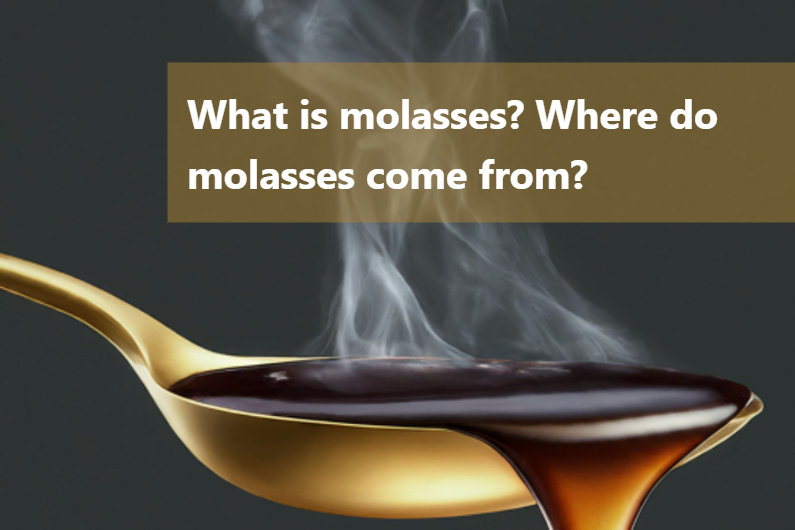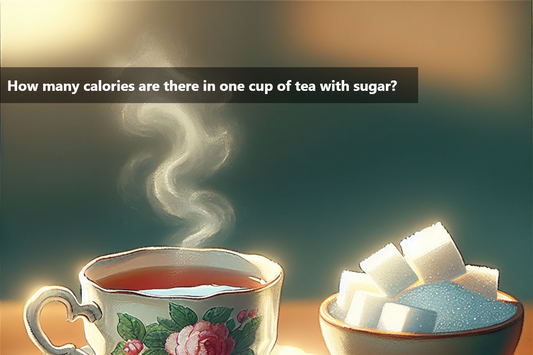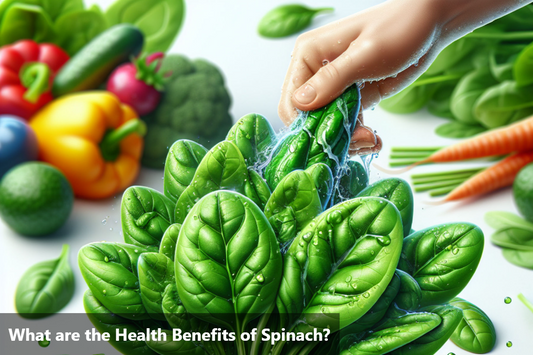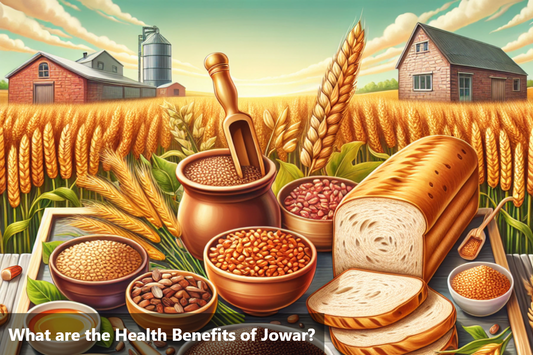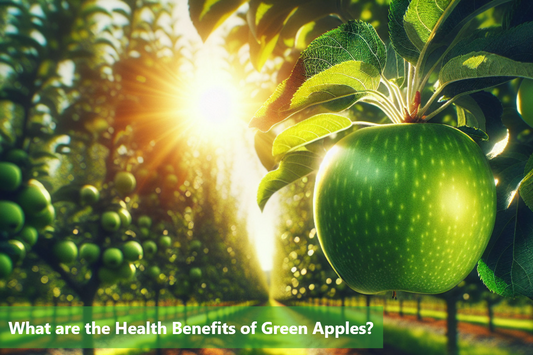Molasses is a thick, dark syrup made during the sugar refining process. It is a byproduct of making sugar and is known for its strong flavor and many uses in cooking and industry. Molasses is rich in nutrients such as iron, calcium, magnesium, and potassium. It is a popular natural sweetener that offers health benefits.
There are different kinds of molasses, each with its distinct flavor and color. The most common types include:
Light molasses, made from the first boiling of sugar cane or sugar beet juice
Dark molasses, produced in the second boiling process
Blackstrap molasses, derived from the third and final boiling
These different kinds of molasses vary in sweetness, thickness, and nutrient content, making them suitable for use in different culinary applications.
Overall, molasses is a versatile alternative to regular sweeteners, adding a unique taste to a variety of foods such as baked goods, marinades, drinks, and savory dishes. With its special properties and range of types, molasses can bring a distinct flavor to recipes and may provide health benefits to those seeking natural sweetening options.
How Molasses are Extracted
Obtain the juice from sugar cane or sugar beet by crushing the sugar cane or slicing the beets and extracting the juice.
Boil and clarify the juice to remove the sugar crystals, resulting in the production of thick, dark molasses.
Process the syrupy leftover from the sugar-making process to create different kinds of molasses such as light, dark, and blackstrap.
The type and quality of the molasses are determined by the method of juice extraction and treatment, making it a valuable ingredient in cooking and various industries.
Uses and Health Benefits of Molasses
Uses:
Adds depth to cooking, especially when making barbecue sauces, marinades, and savory stews
Enhances the flavor and texture of baked goods such as cookies, cakes, and bread
Acts as a natural sweetener for beverages like tea and coffee, as well as homemade desserts
Health Benefits :
Contains essential nutrients such as iron, calcium, and potassium
Contributes to maintaining bone health, supporting the production of red blood cells, and aiding muscle function
Has a relatively low glycemic index, making it a favorable choice for managing blood sugar levels
Nutrition
One tablespoon — 20 grams of molasses contains the following amounts of a person’s daily values of each nutrient:
Nutrient |
% Daily Value |
|---|---|
Manganese |
13% |
Magnesium |
12% |
Copper |
11% |
Vitamin B-6 |
8% |
Selenium |
6% |
Potassium |
6% |
Iron |
5% |
Calcium |
3% |
One tablespoon also contains about 58 calories, all of which come from carbs, which is mostly sugar.
Substitutes of Molasses:
Honey: Honey can be used as a healthier alternative to molasses due to its natural sweetness and similar consistency.
Maple Syrup: With its rich, complex flavor, maple syrup is a great option for replacing molasses in recipes, especially in baking.
Dark Corn Syrup: Dark corn syrup can be a suitable replacement for molasses, as it has a similar dark color and thick texture.
Brown Sugar: Brown sugar can be used as a substitute for molasses in many recipes, as it contains a higher molasses content compared to regular white sugar.
Agave Nectar: Agave nectar offers a mild, sweet flavor and can be used in place of molasses in various recipes, especially those that require a liquid sweetener.
To conclude:
After exploring the world of molasses, it is apparent that this dark syrup has secured a significant place in both culinary and industrial domains. As a staple sweetener, molasses adds depth to baked goods and savory dishes and offers potential health benefits. Whether it's the robust flavor of blackstrap molasses or the subtle sweetness of light molasses, the spectrum of its uses and the myriad benefits it brings to the table make molasses an indispensable component of modern living.
Molasses has evolved from a byproduct of sugar production to a versatile ingredient with culinary and industrial applications. Its unique flavor profile and nutritional properties have firmly entrenched molasses as a cherished element in various cultures and cuisines. Along with its historic background, the production and refining of molasses exemplify the intricate craftsmanship involved in creating this prized syrup. In cooking and baking, molasses serves as a natural sweetener that imparts a distinct taste and enhances the overall experience of consuming delectable dishes. Additionally, the potential health benefits associated with molasses, such as its iron and mineral content, underscore its significance in our daily lives.
In conclusion, molasses embodies a rich history, a diverse range of uses, and potential health benefits that make it much more than just a sweetener. Whether in the comforting aroma of gingerbread or the subtle sweetness of barbecue sauce, molasses continues to leave a lasting impression, enriching our lives one spoonful at a time.
FAQs:
What is molasses? Molasses is a byproduct of the sugar-making process, created when sugar cane or sugar beets are processed to make sugar.
What are the different types of molasses available? There are several types of molasses, including light molasses, dark molasses, blackstrap molasses, and sulphured/un-sulphured molasses. Each type has a different flavor and nutritional profile.
What are the uses of molasses? Molasses is commonly used as a sweetener in baking and cooking. It is also used in the production of rum, as a livestock feed additive, and as a source of essential vitamins and minerals.
Is molasses healthy? Molasses contains vital nutrients such as iron, calcium, magnesium, and potassium. However, it should be consumed in moderation due to its high sugar content.
How should molasses be stored? Molasses should be stored in a cool, dark place in a tightly-sealed container. It can be stored at room temperature and does not require refrigeration.
This Blog post is an initiative by DiabeSmart, to provide accurate and Nutritionist / Doctor approved information related to Diabetes. DiabeSmart is India's first Food brand designed specifically for Diabetics, that has been clinically tested on Diabetics and Pre-Diabetics to deliver 55% - 70% lower Sugar spikes. DiabeSmart is part of Lo! Foods - India's leading brand for Everyday Functional Health foods.

